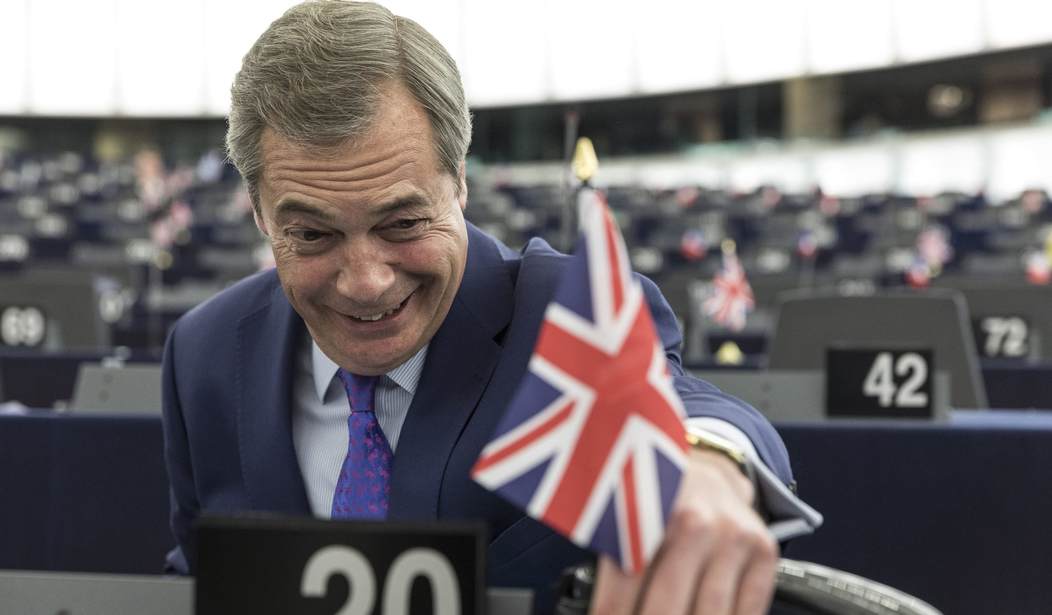Former UKIP leader Nigel Farage, one of the most influential Brexit spokesmen, had a meeting with EU Brexit negotiator Michel Barnier yesterday. Although Barnier didn’t want to meet with Farage initially, he eventually relented to the British politician’s requests. Their meeting was scheduled, and the two men spoke about the negotiations between Britain and the EU about the former leaving the union.
Farage was adamant about speaking personally with Barnier because he wanted “to make sure Mr. Barnier heard some pro-Brexit views that I suspect the Conservative government has not yet explained to him.” It became clear early on in the conversation that this was indeed the case:
I began with a question suggested by one of my LBC radio show listeners, namely: does he understand why Brexit happened in the first place? His answer was a confused message about £350m per week for the NHS and misinformation and untruths being told from the Leave side.
I also asked whether he thinks uncontrolled mass immigration from the EU had been the single biggest issue in the mind of Brexit voters. His look of total incomprehension confirmed his reluctantance to accept the unvarnished truth about the consequences of letting 10 poor, former communist countries join the EU.
And that wasn’t all that was wrong:
When I moved on to asking what discussions there have been on future border arrangements between the UK and the EU, he seemed astonished. This was all to be decided in the future, he said. It was at this moment that I knew my reason for seeking this meeting – namely that the views of millions of people who voted Leave simply haven’t been taken into consideration – were justified. Indeed, I suspect the subject of EU migration and how the UK government handles it in future has barely even been discussed yet.
With regard to trade, Barnier said that negotiations between the EU and the UK “will begin in March.” As Farage rightfully writes, that is “most enlightening in its way. After all, October 2018 is the conclusion date for these talks, followed by a ratification period by national parliaments ahead of an anticipated Brexit date of March 29, 2019.”
Farage concludes, therefore, that Barnier “is happy to play for time and see Britain sweat.” That isn’t very surprising since Barnier had once before said, in a very threatening tone, that “the clock is ticking.”
In other words, the EU’s chief negotiator purposefully uses time to put pressure on the Brits, hoping it’ll force London to make concessions they shouldn’t make.
Thankfully, there is one minor problem with that scenario: when it comes down to it, Britain can always decide to trade with the EU after Brexit on the terms of the World Trade Organization:
Under that agreement, the EU cannot impose trading terms on Britain which are adverse to WTO terms. Various think tanks, Civitas for example, have calculated the net benefit to the Treasury tariffs on UK-EU trade under WTO terms, and suggested how Britain’s tariff surplus might be used to help UK industry consistent with WTO rules.
Barnier and his ilk in Brussels clearly believe that the UK can be cajoled into accepting terms that are contrary to Britain’s interests, but they’re sorely mistaken. When push comes to shove, Britain can always opt for WTO terms. To do so, they don’t need the EU’s special permission.









Join the conversation as a VIP Member